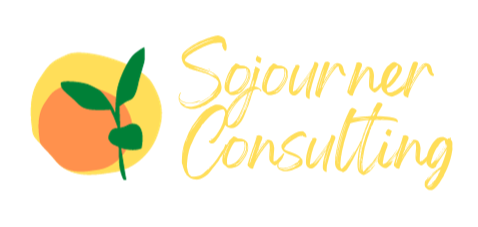
Sojourner Consulting is a boutique consultancy providing planning, policy, and research services in Philadelphia and across the country.
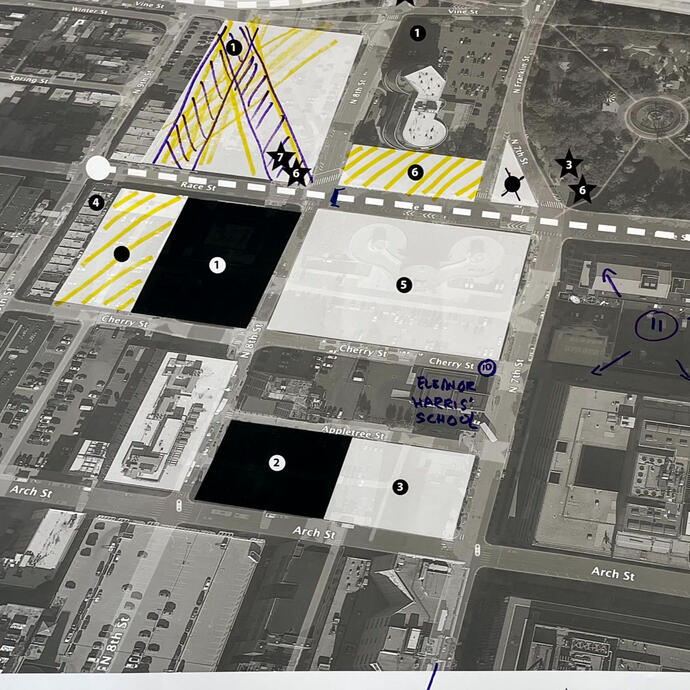
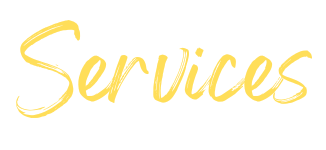
We are planners, policy advocates, and researchers known best for our expertise in gentrifying communities, immigrant populations, and building diverse coalitions. See below for more detail on what we can do for you and links to past project examples.
Equitable Development Planning
Past Projects:
Communities experiencing gentrification or major projects face unique and complex challenges. As property-related costs create increasing pressure and changes, they struggle with how to prevent displacement and preserve cherished parts of their identity. At the same time, they must confront equity questions: who benefits, who decides, and who pays the burden of neighborhood change?In this environment, planning documents are only one component. We design processes which:
Lift up the story of the neighborhood's history, culture, and people networks,
Focus on priority areas for existing community members which can benefit everyone,
Develop core principles which can endure shifting conditions,
Teach communities how to set goals, advocate, and implement in gentrification markets,
Convene conversations between stakeholders and decisionmakers to position for implementation.
Policy Research and Evaluation
Past Projects:
We help clients conduct needs assessments to understand how they can improve their programs and policies. We are known for our work with immigrants, refugees and English learners, and other hard to reach populations.Our work includes:
Creating community scans which help the public sector and civic ecosystem better understand the needs, strengths, and priorities of their stakeholders,
Assessing and making recommendations for more inclusive programs and services,
Increasing client understanding of how to engage and build relationships with stakeholder groups.
Strategic Consulting & Facilitation
Clients
Latino Equitable Development Collective
Mortgage Bankers Association
We come alongside clients to provide strategic support at critical junctures, whether it's launching an initiative, coalition building, or setting a new organizational direction. We facilitate convenings, bridge client and stakeholder perspectives, and connect the dots in actionable workplans.
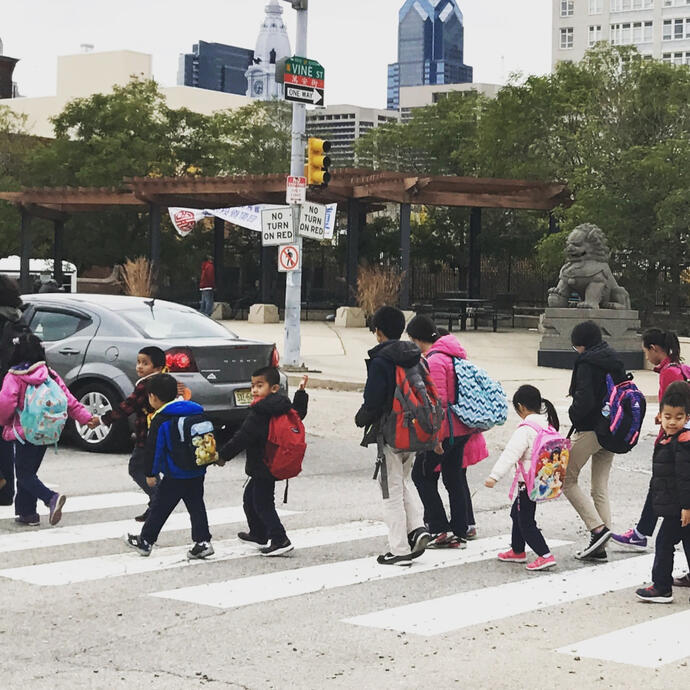
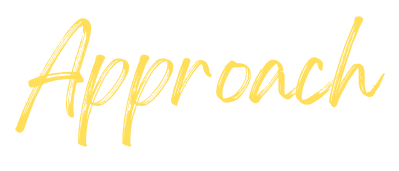
Place-Based. We look at communities and built environments through cultural, social, and historical perspectives. We often bring these contexts to teams with technical expertise in design, engineering, and economic analysis.Human-Centered. We try to understand people's lived experiences and perspectives. We use qualitative tools and user research approaches to get rich, nuanced information. We spend a lot of time walking around neighborhoods and sitting in the back of church basements.Implementation-Driven. We balance our desire for deep understanding with a practical approach to projects. Our goal is always to provide an action-ready deliverable, tailored to the local context and the client's needs and capacity.
Selected Clients
Ceiba - Latino Equitable Development Collective
City of Philadelphia
Friends of the Rail Park
HealthSpark Foundation
Lincoln Institute of Land Policy
Mortgage Bankers Association
New Mainstream Media
Philadelphia Chinatown Development Corporation
Philadelphia Industrial Development Corporation
PolicyLink
Spiral Q Puppet Theater
Urban Manufacturing Alliance
Village of Arts and Humanities

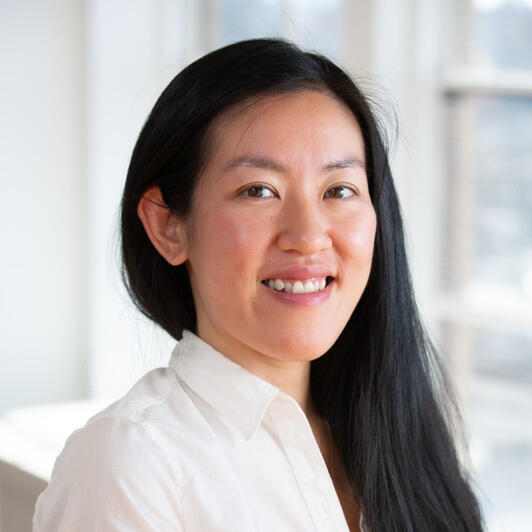
Sarah Yeung
Founder & Principal
Our Founder & Principal, Sarah Yeung, has 15 years of experience as a community developer, planner and policy advocate.Sarah has provided expertise and thought leadership in planning and development impacts for low-income communities in Philadelphia and across the country.As the former director of planning in Philadelphia Chinatown Development Corporation, she played a key role in the organization's growth from a grassroots non-profit to a regional powerhouse. Other past experiences include local, state, and national policy advocacy at The Food Trust, and fellowships at LISC, National Coalition for Asian Pacific American Community Development (CAPACD) and the Village of Arts and Humanities in North Philadelphia.
Sarah is supported by a team of engagement, data analysis, and policy specialists. Sojourner also partners with collaborators who bring in a range of skill sets and expertise. They include real estate developers, economists, researchers, planners and ethnographers.
Contact Us
Understanding Asian Americans in Montgomery County, PA
Client: AAPI Coalition & HealthSpark FoundationPartner: Solutions InternationalAs suburbs continue to become more racially and economically diverse, they face questions of inclusion and integration. In Montgomery County, a suburban county of Philadelphia, leaders wanted to better engage and understand priorities of the Asian American community. At the same time, local stakeholders observed a lack of data focused on this community.Sojourner led the development of a community profile which explores the Asian American identity in Montgomery County, and community strengths and needs. A multi-lingual, culturally relevant process sought to create dialogue, build community capacity, and create momentum for future implementation.The resulting report is the first of its kind for a suburban Asian American population, including demographic trend analysis as well as themes drawn from lived community experiences.
Chinatown Future Histories: Equitable Development and Public Spaces
Client: Philadelphia Chinatown Development Corporation (Philadelphia, PA)Partners: PolicyLink, Strategic Economics, Urban PartnersIn 2019, Sojourner led a project team to carry out a participatory planning process around equitable development and public spaces in Philadelphia Chinatown, including The Rail Park, a vision for a 3-mile adaptive reuse park across Philadelphia. Sojourner worked with PolicyLink to design an innovative series of workshops and programs for community leaders focused on residential and cultural displacement.The project culminated in a two-day Equity Lab convening with policymakers, non-profit and civic leaders from across the region.Sojourner also managed a value capture analysis of the area adjacent to The Rail Park as an advocacy tool for a TIF district to capture future value catalyzed by the park for community benefit. The analysis was carried out by Strategic Economics and Urban Partners.The final plan identified priority strategies for equitable development in Chinatown and the role of public spaces.
Planning for a Cultural District in the Legacy of Urban Renewal
Client: Philadelphia Chinatown Development Corporation (PCDC)
Partner: Creative Development PartnersIn Philadelphia, the area between Chinatown and the Historic District provides vehicular access to a highway and bridge. Sojourner and its partner Creative Development Partners facilitated a visioning process for local stakeholders, including African American Museum of Philadelphia and Historic Philadelphia. Stakeholders and guest advisors envisioned how to fill the gap with community-driven uses.The resulting concept plan sets out strategies to 1, 2, 3.
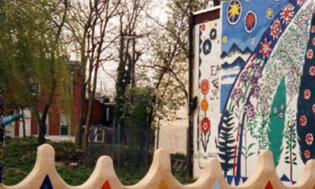
Improving Access to Homeless Services for Latinos and English Learners
Client: City of Philadelphia, Office of Homeless ServicesAs cities struggle with increasing rates of homelessness, they are also serving more diverse populations. The City of Philadelphia, working with strong local advocates, wanted to better understand access to the City’s homeless services for Latinx and Limited English Proficient people, or English learners. As part of the project, they also commissioned a communications plan for these populations.Sojourner worked closely with the Office of Homeless Services staff and leadership, frontline service providers, community leaders, and individuals with lived experience of homelessness to gain a broad understanding of how Latinx and LEP people understand and interact with homeless services.Sojourner also developed principles for a future communications plan which specifically considered Latinx and LEP populations.
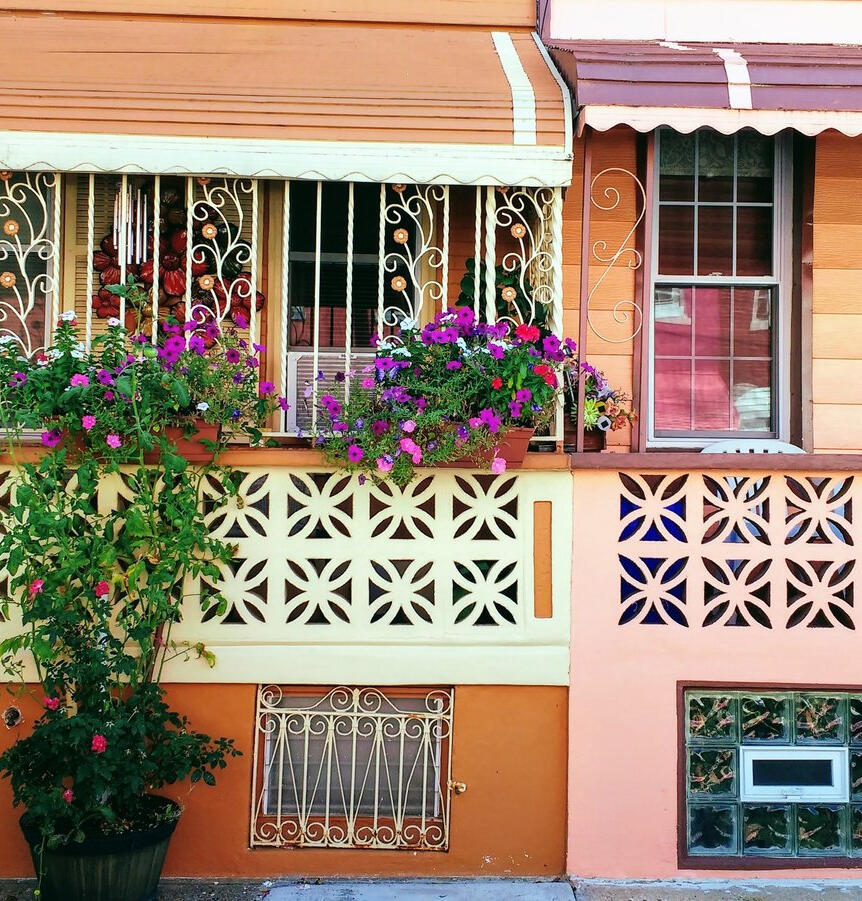
Assessing Community Impact of the Proposed 76ers Arena
Client: City of Philadelphia, Philadelphia Industrial Development Corporation (PIDC)Partners: BJH Consulting and othersTogether with BJH Consulting, Sojourner assessed the community impact of a proposed sports and entertainment complex in Center City Philadelphia, including Market East, Washington Square West, and Chinatown.Sojourner led efforts to develop an innovative systems-based framework specific to Chinatown, a historic cultural community, for which the report found that the project posed a significant potential risk. Sojourner worked with community members to distill Chinatown's core identity and placing it into an analytical framework for the assessment.Sojourner managed and partnered with subconsultants Urban Partners, Creative Development Partners, Laureen Hom, Susannah Laramee Kidd to produce the following findings, among others:
Chinatown has evolved as a regional hub of culture, commerce, and services, as its historical role as a residential base for low-income immigrants has declined.
While the project would not cause direct displacement of existing residents, it could cause indirect displacement through gentrification and loss of cultural identity.
Using a culturally-based typology of small businesses, the project would be likely to negatively impact the majority of small businesses.
The cultural and language-based property market plays a central role in neighborhood change and preservation and is reflected in an analysis of property ownership.
Chinatown possesses a wealth of intangible cultural heritage assets such as traditional knowledge and rituals/events which are not protected from impact but which have significance for the region.


